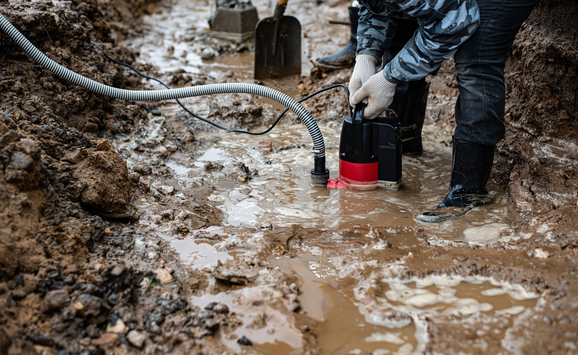(The following feature also appears in the Fall 2004 issue of Resources.)
|
Being aware of what environmental problems exist and what steps are being taken to ameliorate them is becoming a basic right in many countries. In parts of Central and Eastern Europe, ready access to this kind of information is still quite new as governments begin to institute programs similar to the U.S. Freedom of Information Act for environmental data and information. But making these commitments real can be hard in places where, for many years, even something as simple as a city map was not easy to find, much less information about factories and which pollutants they produced. RFF Resident Scholar Ruth Greenspan Bell is working on these issues as they pertain to cleanup of the Danube River in Europe. Her current work builds on a previous partnership with the Regional Environmental Center for Central and Eastern Europe (REC) and New York University School of Law. Together, the three institutions conducted a pilot program that helped two EU accession countries, Slovenia and Hungary, build policies, legislation, and institutions that would support their commitments to provide public access to environmental information. |
|
Now Bell and her colleagues will expand the program to five other Danube-basin countries: Romania, Bulgaria, Croatia, Serbia and Montenegro, and Bosnia and Herzegovina, as part of the Danube Regional Project.
| The research team will start by evaluating the state of information access in each country and their policy options. In the course of the project, country participants will have the opportunity to examine models for information access from Western Europe, other countries of Central and Eastern Europe, and the United States, from which they can select specific elements and approaches that can be adapted to their particular circumstances.
Special attention will be given to information access about reducing pollution “hot spots.” Ideas will be “road-tested” through demonstration projects in each of the countries. |
Legitimacy, Trust and the Environmental Agenda: Lessons from Armenia |
The end products of this effort will include handbooks, manuals, and other aids for governments and stakeholders. These materials will show how to make, process, and respond to information requests; how actively to make information available even before it is requested; and other techniques of environmental public participation. As with the pilot project, these products will be widely disseminated to reach as broad an audience as possible.
The Danube Regional Project, which is funding this effort, works in close partnership with the International Commission for the Protection of the Danube River, and both are based in Vienna. The project receives its support from the UN Development Programme and the Global Environment Fund.

![]()
Environmental Public Participation Working Documents
Efforts to implement environmental public participation and its many elements, including citizen access to environmental information, are often hindered in countries where officials lack practical experience and tools. IIDEA, in collaboration with project partners, the Regional Environmental Center for Central and Eastern Europe, and the International Environmental Legal Assistance Program of New York University School of Law, created three documents that can help interested countries adopt effective regimes to support public participation.
| Public Access to Environmental Information and Data Practice: Examples from the United States, the European Union, and Central and Eastern Europe November 2001 Ruth Greenspan Bell, Marianna Bolshakova, Issac Flattau, Jurgen Lefevere, Magdolna Toth Nagy, Stephen Stec, and Jane B. Stewart |
||
| This reference manual provides a practical overview of how the United States and European countries implement systems that grant the public access to environmental information. The initial audience consists of governments and stakeholders in Central European countries seeking to develop their own systems, but environmental advocates in many other parts of the world will find the information useful. | ||
![]()
|
Model Citizen’s Guide for Requesting Environmental Information from Governmental Offices Shows in plain language how to ask government agencies for environmental information; includes sample letters and similar practical tools.
|
![]()
| Model Guide for Government Employees Concerning the Processing of Requests for Environmental Information November 2001
Shows how a government can provide practical information to its employees so that they can be responsive to information requests in an efficient and timely manner. The prototype for the handbook is the U.S. Environmental Protection Agency’s Freedom of Information Act Manual.
|








